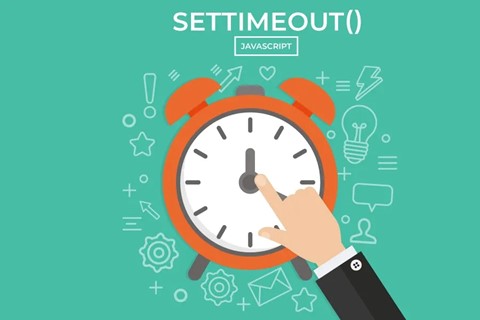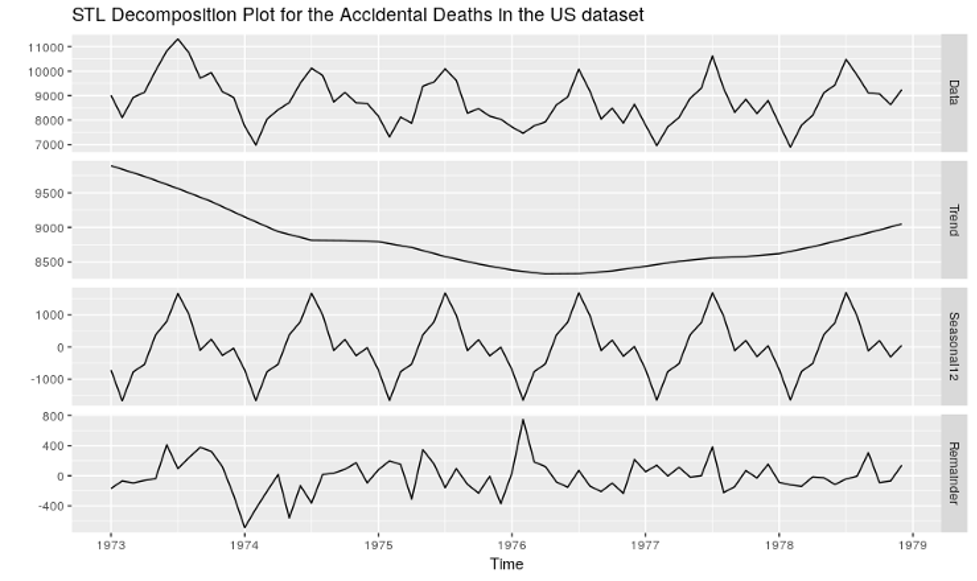ChatGPT in healthcare has the potential to revolutionize the industry. Since November 2022, ChatGPT has been making waves—writing code, poems, and even passing exams! According to a recent research experiment [1], it passed all three components of the United States Medical Licensing Examination (USMLE) without further medical training. While the passing score is around 60%, ChatGPT obtained greater than 50% accuracy in all examinations and exceeded 60% in the majority.
So, what exactly is ChatGPT?
A language generation model developed by OpenAI, ChatGPT is the latest player in the booming conversational AI market, which is expected to reach USD 18.4 billion by 2026. It is a chatbot platform that enables natural, human-like conversations with users by leveraging the power of artificial intelligence (AI), machine learning (ML), and Natural Language Processing (NLP). One of the best examples of conversational AI, it uses a deep learning algorithm called a “transformer” to generate text responses based on the input it receives.
ChatGPT in Healthcare: Use Cases
ChatGPT in healthcare is an essential topic of conversation among providers and patients. While still in the early stages of development, it has the potential to automate various tasks, support busy medical professionals, and provide better treatment.
Some common potential use cases are:
Virtual Health Assistants
Virtual health assistants are digital tools that provide health information and support to patients. From simple chatbots to more advanced virtual health coaches, they can be accessed through various channels, such as websites, mobile apps, and messaging platforms.
ChatGPT can be trained on large amounts of medical data and information, enabling virtual health assistants to provide accurate and relevant health information in response to patients’ questions and needs. Automating routine tasks, such as answering FAQs, frees healthcare providers to focus on more complex and vital patient interactions. ChatGPT can be integrated into a conversational interface to answer health questions and advise patients quickly. Given the projected shortage of 10 million healthcare workers by 2030 [2], ChatGPT has enormous potential to relieve the stress of routine tasks.
Medical Coding, Billing, and Reports Generation
ChatGPT can assist in medical coding and billing by suggesting the most appropriate codes based on symptoms and medical history. It automates discharge summaries and clinical encounter reports, freeing time for patient care. It can also analyze large amounts of medical data, such as billing and coding data, to identify patterns, trends, and opportunities for improvement.
As a result, medical professionals can make informed decisions in billing and coding. By incorporating advanced conversational AI capabilities, ChatGPT can significantly enhance and improve the efficiency and accuracy of these critical functions.
Telemedicine
ChatGPT, when integrated into telemedicine platforms, provides patients with on-demand access to virtual health consultations and triages their symptoms. It can also empower patients to identify potential health concerns and provide guidance on the next steps. For instance, patients can decide whether to seek further medical attention or treat themselves at home.
For telemedicine providers, it offers real-time insights into the patient’s medical history so they can provide accurate diagnoses. It can even automate the consultation appointment scheduling process, helping streamline and reduce patient wait time.
Health Education
ChatGPT can educate patients on various health topics, such as managing chronic conditions, understanding treatment options, and adopting healthy lifestyles. It can provide information and answer questions about health and wellness so that people can make informed decisions about their health. It can be integrated with educational content, such as videos, articles, and interactive quizzes, and deliver health education more engagingly.
ChatGPT can also support behavior change through personalized interventions. It can even provide accurate, up-to-date information on prescription and over-the-counter medications, including side effects, interactions, and dosage.
In under-served communities or areas with limited access to healthcare resources, ChatGPT can improve access to health education.
The Future of ChatGPT in Healthcare
ChatGPT will probably not be the only conversational AI shortly. Google Research and DeepMind have already released MedPaLM, a medical language model. In addition, MultiMedQA is a new open-source medical question-answering benchmark, while HealthSearchQA is a new free-response dataset of online medical questions.
We can expect ChatGPT and other conversational AI to expand their capabilities. Here are a few use cases we can expect to see in the short term:
- Clinical decision support for healthcare professionals with real-time, evidence-based recommendations.
- Analysis of large amounts of health data, including patient genomes, to identify new drug targets and develop personalized treatment plans for patients.
- Optimized clinical trials to identify the most promising candidates for trial enrollment.
- Real-time, personalized support and counseling tactics for mental health issues.
- EHR integration providing patients with personalized health information and support.
Wrapping Up
ChatGPT in healthcare, like all language models, does have some limitations when scaled. One critical limitation is the potential for bias in the training data, which can result in biased or inaccurate responses.
Another limitation is that ChatGPT is a statistical model, lacking the medical expertise and judgment of a healthcare professional. Even if it does score over 60% on a medical test, it cannot diagnose or treat medical conditions. Its responses are generated based on data patterns, and it may not always be able to handle complex or unusual questions.
Finally, the privacy and security of sensitive medical information must be carefully considered when using ChatGPT in healthcare. Measures must be put in place to ensure the confidentiality and protection of patient data.
Despite these issues, ChatGPT can improve healthcare and patient outcomes, especially when used alongside other technologies with trained healthcare professionals.
References:
- Kung, Tiffany H., Morgan Cheatham, ChatGPT, Arielle Medenilla, Czarina Sillos, Lorie De Leon, Camille Elepaño, et al. Performance of ChatGPT on USMLE: Potential for AI-Assisted Medical Education Using Large Language Models. medRxiv, 2022. https://doi.org/10.1101/2022.12.19.22283643.
- Health Workforce. World Health Organization, n.d. Accessed February 13, 2023. https://www.who.int/health-topics/health-workforce#tab=tab_3



